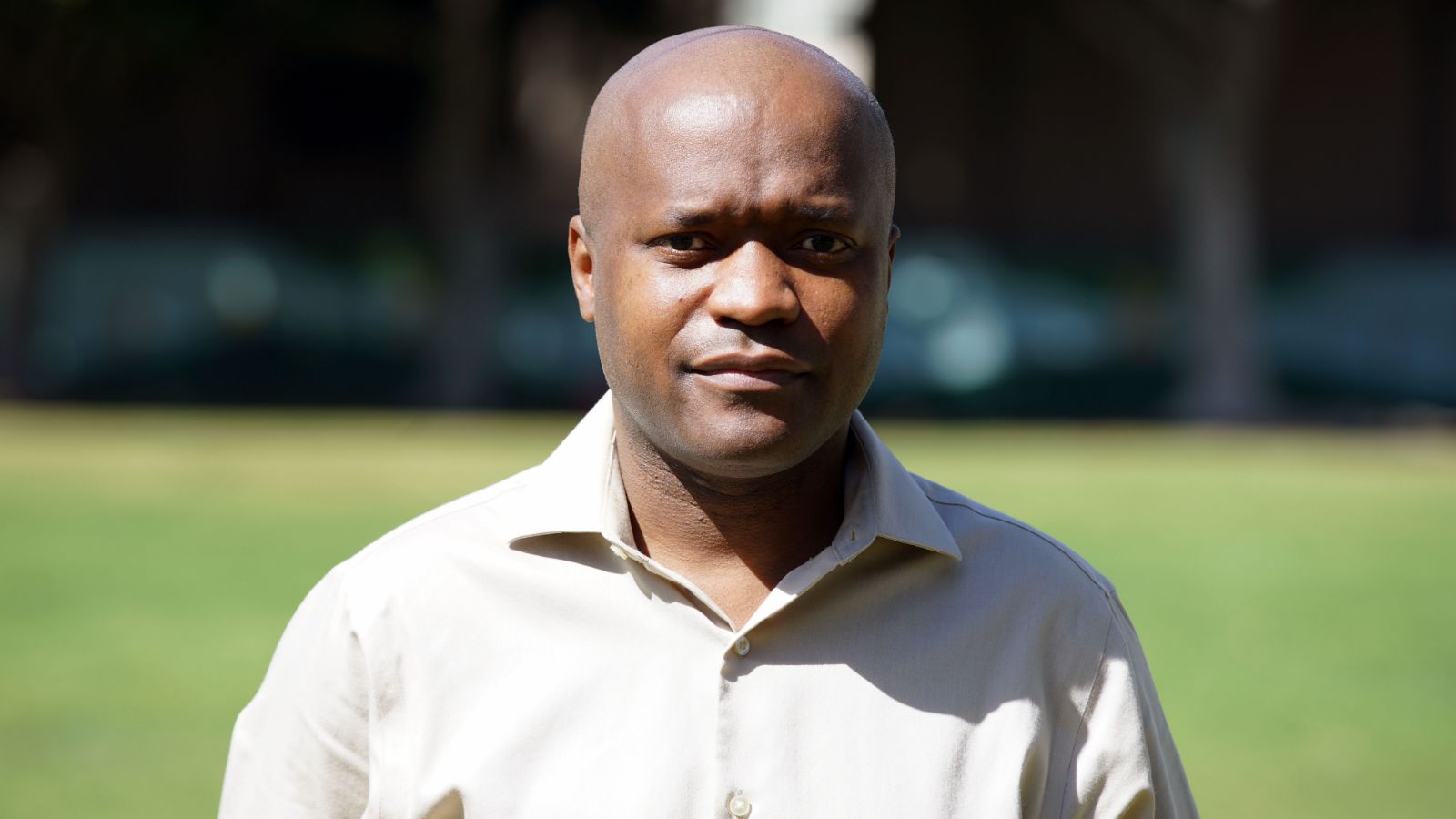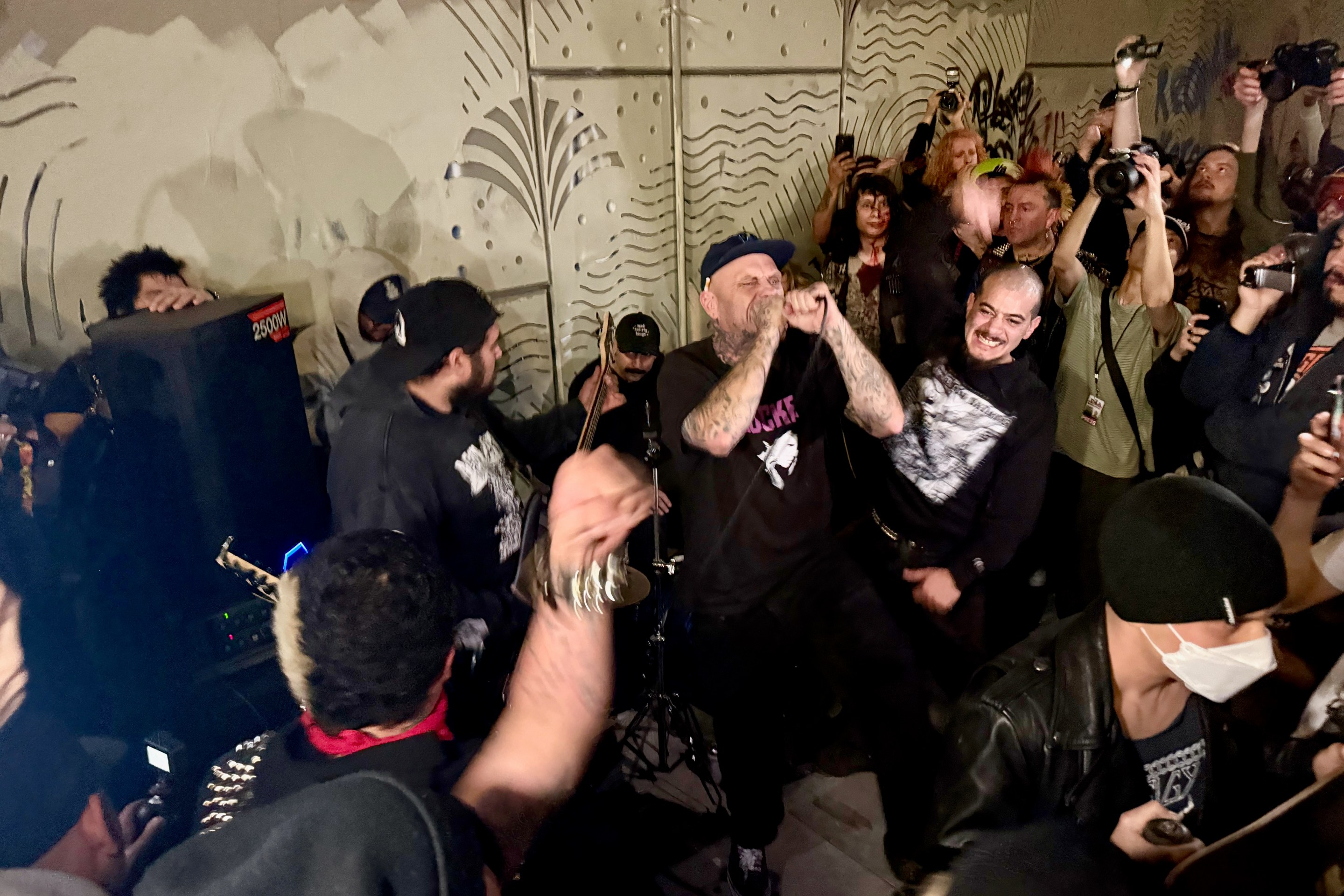[dropcap size=big]T[/dropcap]he Heart of Screenland was well over a century in existence when Daniel Lee made history as the first African American ever elected to Culver City Council in 2018—a position he had unsuccessfully ran for a few years prior.
Now, Lee is currently setting his sights on the empty seat for California’s 30th State Senate District up for grabs in a special election set for March 2nd.
An area made up of Culver City, Ladera Heights, alongside parts of Inglewood and Los Angeles, the seat was left vacant by current Los Angeles County Board of Supervisors member Holly Mitchell. California Governor Gavin Newsom called for the special election late last year.
During Lee’s time as a city councilman, he successfully pushed for rent control measures in favor of renters, insured commercial development ordinances were inclusionary, increased property transfer tax on sales above $1.5 million, and took steps to phase out toxic oil extraction from Culver City’s portion of the Inglewood Oil Field that affected nearby residences.
“We've had enough wins here in Culver City that people are really energized by what else we can do,” he explained. “And that's how, you know, you keep people involved.”
That “community first” attitude is something Lee has understood since a young age, considering the Alabama-native’s grandmother participated in the Montgomery Bus Boycott.
That “community first” attitude is something Lee has understood since a young age, considering the Alabama-native’s grandmother participated in the Montgomery Bus Boycott. Settling in Southern California after high school, Lee graduated from USC with an undergraduate degree in Cinema and managed to join the Screen Actors Guild.
Sometime after attempts at a career in entertainment and spending years in the military, Lee became a full-time activist following the 2010 ruling over Citizens United by aligning himself with anti-corporate rule organization, Move To Amend.
Diving deeper into his activism through movements like Occupy Los Angeles, he eventually received his Masters of Social Welfare at UCLA. Lee’s knack for organizing even allowed him to serve on Culver City’s Martin Luther King Celebration Committee for seven years and project director for the James Lawson Institute, among others.
Lee hopes to use his years of organizing experience alongside his successful run in Culver City Council for expanding his progressive agenda on a state level. This includes a significant push for statewide single-payer health care, universal childcare, and recognizing housing as a human right.
Lee has garnered some significant backing from progressive organizations, including the Democratic Socialists of America, Culver City Democratic Club, National Association of Social Workers, Americans for Democratic Action, and even the United Auto Workers Western States.
“Health insurance and the cost of health is expensive even if you have insurance,” Lee said. “I've also spoken to a lot of families over the last decade, and they've been like, yeah, here, our rent is high, but our childcare has doubled. Then we work towards a policy that actually does recognize housing as a human and get out of the commodification of housing. Right now, of course, the real estate lobby is the strongest lobby in California politics.”
Continuing his environmental justice work, Lee also wants to shut down the Inglewood Oil Fields’ remaining parts.
“You know, it's an environmental justice issue,” he described. “I think for me more than anything, our success there talks to the potential success of other municipalities around the state and particularly in Los Angeles County, to close down oil drilling in the same way.”
Lee has garnered some significant backing from progressive organizations, including the Democratic Socialists of America, Culver City Democratic Club, National Association of Social Workers, Americans for Democratic Action, and even the United Auto Workers Western States.
“For me, it's just talking about issues,” Lee explained. “Like I'm not trying to necessarily appeal to anybody in particular. The stuff I say is usually more left of the Democrats, but frankly, I think most people in the country are more left than the Democrats. Even the Democrats in California are a whole lot more moderate and conservative than people think.”
Besides facing off against independent Renita Duncan, Peace and Freedom Party candidate Ernesto Alexander Huerta, alongside Republicans Joe Lisuzzo and Tiffani Jones, Lee will be running against more establishment Democrats in Sydney Kamlager and Cheryl Turner.
If he wins, he wants to introduce a “co-governance” style of representation that takes constituents’ needs first besides offering more transparency.
As the current frontrunner, Kamlager served as District Director of the 30th Senate District under Mitchell. Meanwhile, Turner was selected by Los Angeles Mayor Eric Garcetti to serve on the Los Angeles Convention and Exhibition Center Authority as a commissioner before being promoted to Vice-President and is the current president of the Apartment Owners Association of Los Angeles County.
According to Lee, his progressive consistency should distinguish him from Kamlager and Turner
“People change their words to match what's popular, but nothing in what I've said has changed,” said Lee. “I've been talking about single-payer from the start. I've been talking about facilitating the production of more housing, but specifically affordable housing at the lower level, extremely low, and very low affordable cause that's what we need. I've been talking about the need for us to talk about minimum wage.”
It doesn’t help that the current pandemic has made it challenging to engage with voters.
“In 2018, it was easier because people would hear something untrue about you, and you could knock on their doors and tell them it’s not true,” explained Lee. “You can tell individuals that someone doesn’t like me because of X,Y,Z, and have 30 people behind you willing to vouch.”
Regardless, Lee hopes to secure more than 50 percent of the primary vote before the May 4 runoff election. If he wins, he wants to introduce a “co-governance” style of representation that takes constituents’ needs first besides offering more transparency.
“The first goal is to, you know, let people know what we passed and how it might benefit them,” described Lee of what his first week in office would look like. “The second is to hear from them about where, what we passed, fell short and what the gaps are, and how things might need to be amended. And the third is to actually really serve as a series of brainstorming sessions where community groups and individuals and advocates work together to craft policy. So that once the next session arrives, it's like, okay, I spoke to my constituents.”







